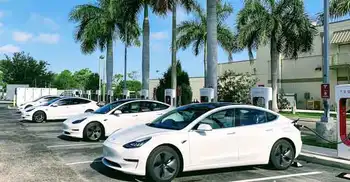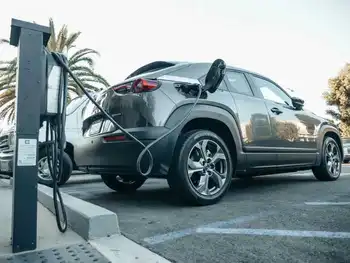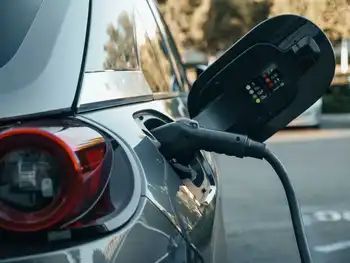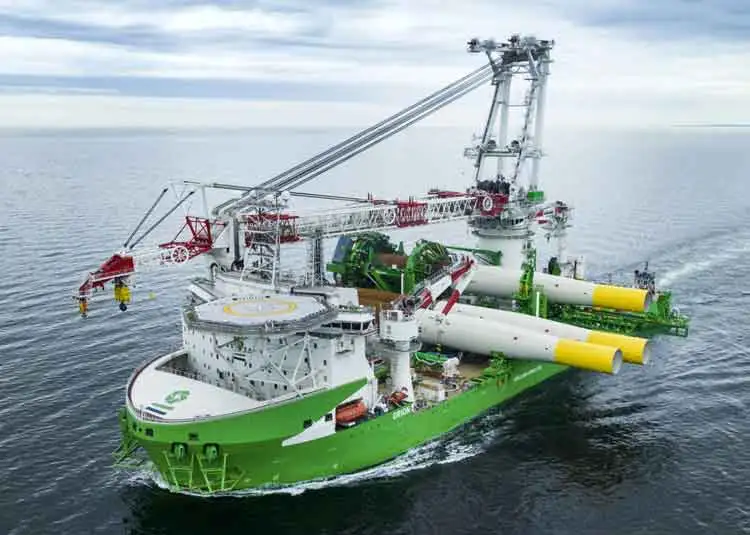Sales Of Electric Cars Top 20% In California, Led By Tesla

NFPA 70e Training - Arc Flash
Our customized live online or in‑person group training can be delivered to your staff at your location.

- Live Online
- 6 hours Instructor-led
- Group Training Available
California EV Sales 2023 show rising BEV market share, strong Tesla Model Y and Model 3 demand, hybrid growth, and ICE decline, per CNCDA Q3 data, underscoring California auto trends and ZEV policy momentum.
Key Points
BEVs hit 21.5% YTD in 2023 (22.3% in Q3); 35.4% with hybrids, as ICE share fell and Tesla led the California market.
✅ BEVs 21.5% YTD; 22.3% in Q3 per CNCDA data
✅ Tesla Model Y, Model 3 dominate; 62.9% BEV share
✅ ICE share down to 64.6%; hybrids lift to 35.4% YTD
The California New Car Dealers Association (CNCDA) reported on November 1, 2023, that sales of battery electric cars accounted for 21.5% of new car sales in the Golden State during the first 9 months of the year and 22.3% in the third quarter. At the end of Q3 in 2022, sales of electric cars stood at 16.4%. In 2021, that number was 9.1%. So, despite all the weeping and wailing and gnashing of teeth lately about green new car wreck warnings in some coverage, the news is pretty good, at least in California.
When hybrid and hydrogen fuel cell vehicles are included in the calculations, the figure jumps up 35.4% for all vehicles sold year to date in California. Not surprisingly this means EVs still trail gas cars in the state, with the CNCDA reporting ICE market share (including gasoline and diesel vehicles) was 64.6% so far this year, down from 71.6% in 2022 and 88.4% in 2018.
California is known as the vanguard for automotive trends in the country, with shifts in preferences and government policy eventually spreading to the rest of the country. While the state’s share of electric cars exceeds one fifth of all vehicles sold year to date, the figure for the US as a whole stands at 7.4%, with EV sales momentum into 2024 continuing nationwide. California has banned the sale of gas-powered vehicles starting in 2035, and its push toward electrification will require a much bigger grid to support charging, although the steady increase in the sale of electric cars suggests that ban may never need to be implemented as people embrace the EV revolution.
Not surprisingly, when digging deeper into the sales data, the Tesla Model Y and Model 3 dominate sales in the state’s electric car market this year, at 103,398 and 66,698 respectively. Tesla’s overall market share of battery electric car sales is at 62.9%. In fact, the Tesla Model Y is the top selling vehicle overall in California, followed by the Model 3, the Toyota RAV4 (40,622), and the Toyota Camry (39,293).
While that is good news for Tesla, its overall market share has slipped from 71.8% year to date last year at this time. Competing models from brands like Chevrolet, BMW, Mercedes, Hyundai, Volkswagen, and Kia have been slowly eating into Tesla’s market share. Overall, in California, Toyota is the sales king with 15% of sales, even as the state leads in EV charging deployment statewide, followed by Tesla at 13.5%. In the second quarter, Tesla narrowly edged out Toyota for top sales in the state before sales swung back in Toyota’s favor in the third quarter.
That being said, Tesla’s sales in the state climbed by 38.5% year to date, while Toyota’s actually shrank by 0.7%. Time will tell if Tesla’s popularity with the state’s car buyers improves and it can overtake Toyota for the 2023 crown, even as U.S. EV market share dipped in early 2024, or if other EV makers can offer better products at better prices and lure California customers who want to purchase electric cars away from the Tesla brand. Certainly, no company can expect to have two thirds of the market to itself forever.











